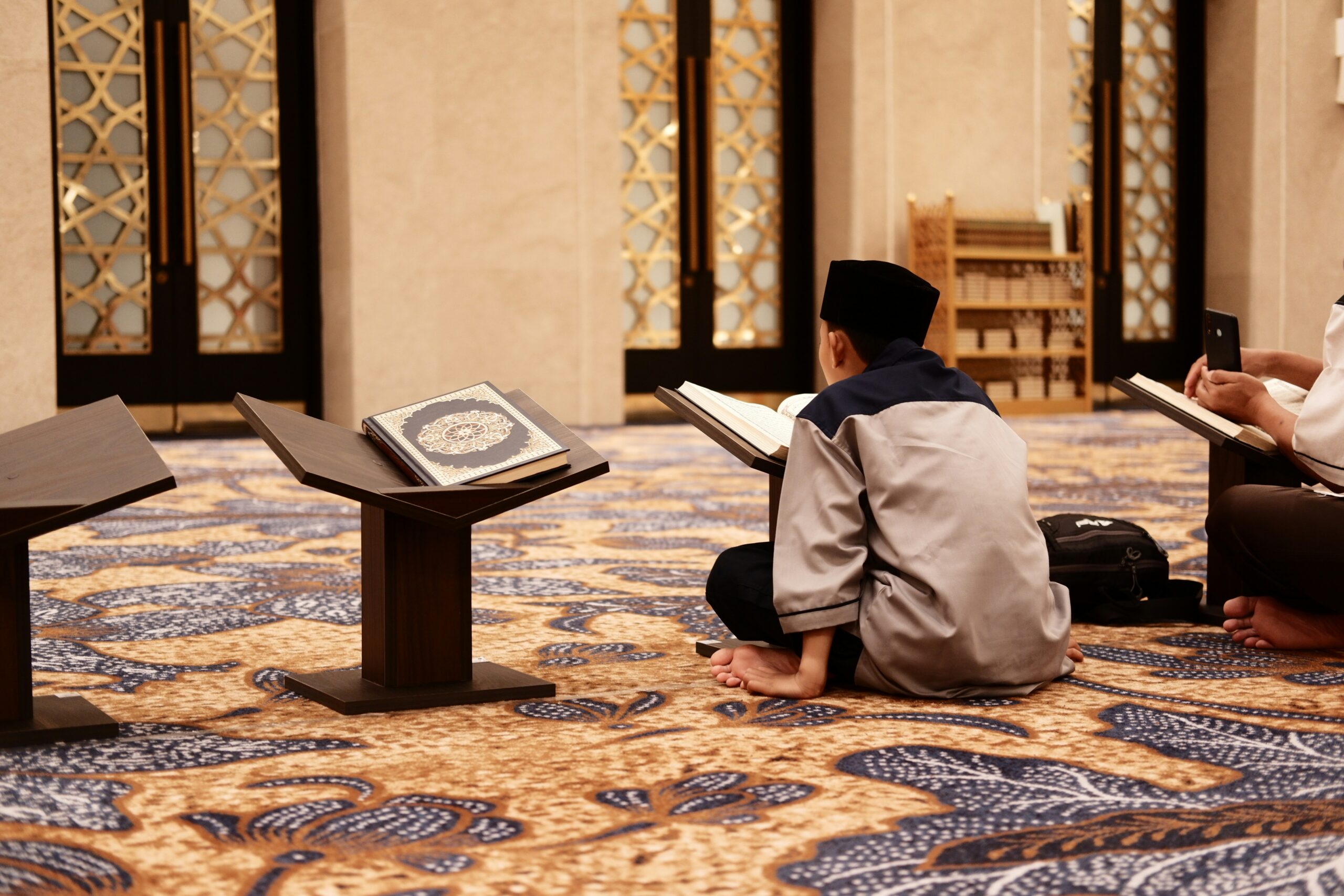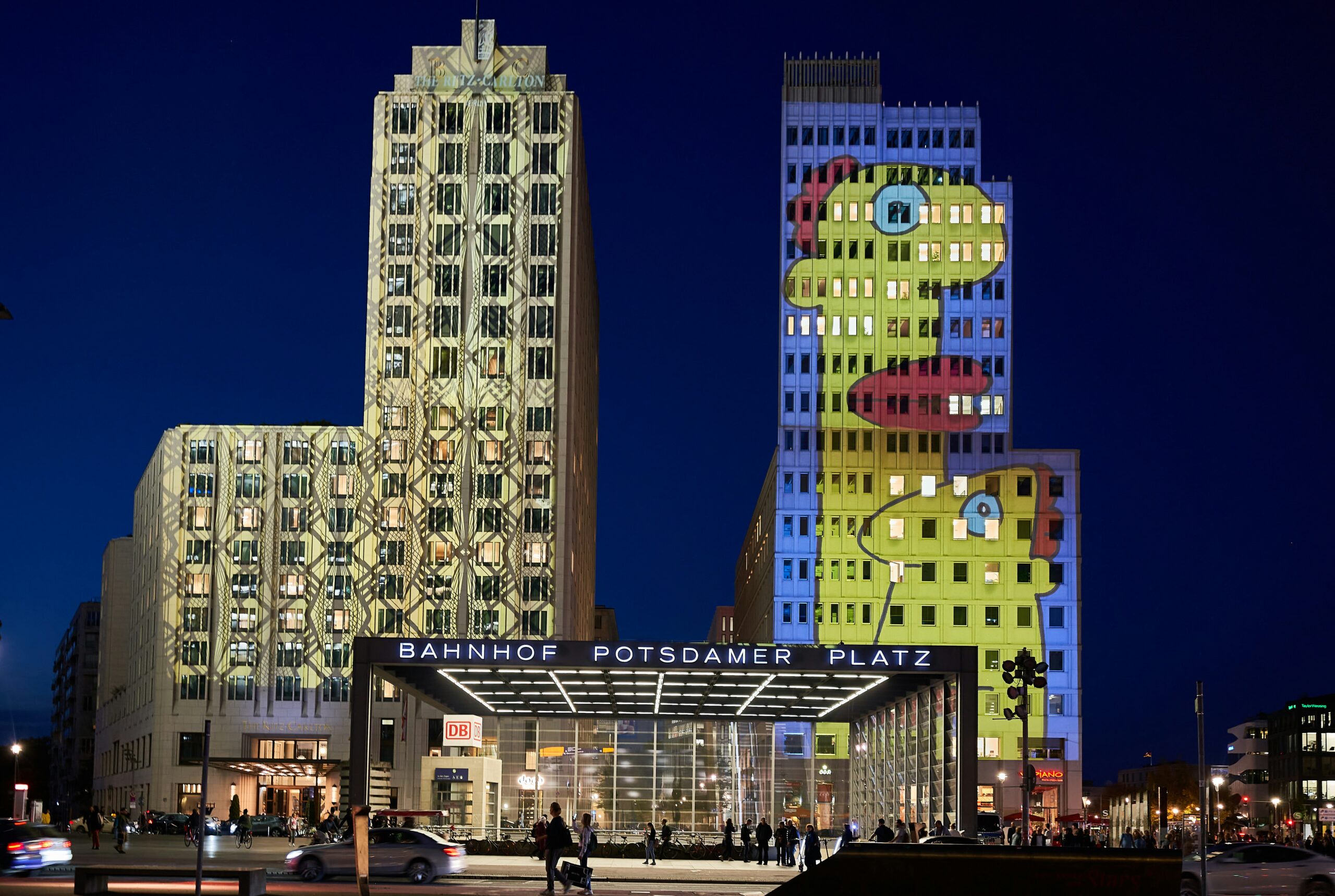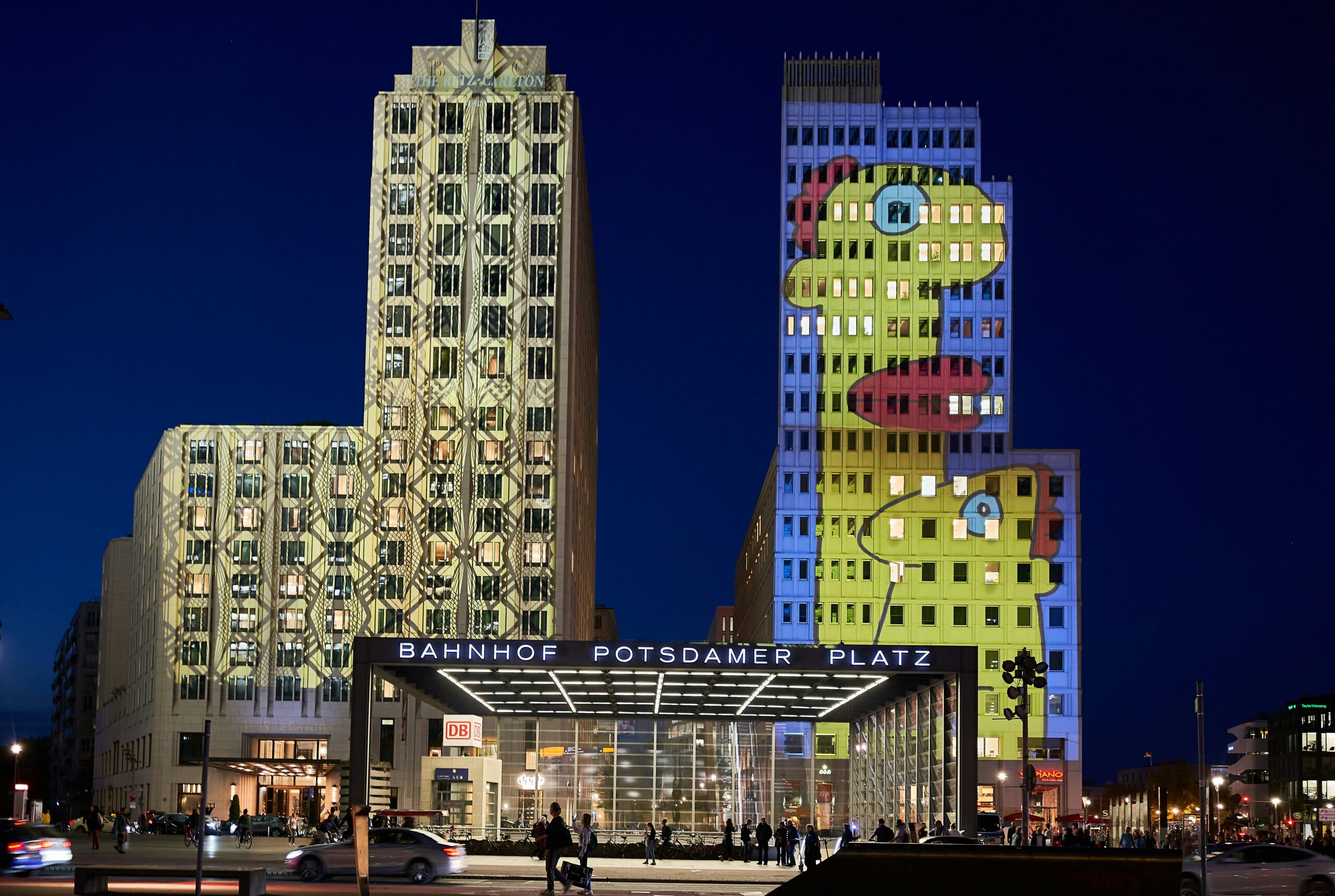Introduction
Arab culture is a rich and diverse tapestry that has evolved over centuries. The customs and traditions of the Arab peoples in the Middle East are deeply rooted in their religious beliefs, Islamic faith being a significant influence. In this blog post, we will explore various aspects of Arab culture, including their religious beliefs, the importance of family, everyday traditions, subjective perceptions, and greetings and gestures.
Religious Beliefs
The Arab culture is deeply intertwined with the Islamic faith. Islam is the predominant religion in the Arab world, and it plays a crucial role in shaping the customs and traditions of the Arab peoples. Muslims believe in the teachings of the Quran, which they consider to be the word of God as revealed to the Prophet Muhammad.
Islamic practices, such as daily prayers, fasting during the holy month of Ramadan, and pilgrimage to Mecca (Hajj), are integral parts of Arab culture. The five pillars of Islam, which include the declaration of faith, prayer, giving to charity, fasting, and pilgrimage, guide the lives of devout Muslims and influence their interactions with others.
Family Importance
Family holds immense significance in Arab culture. It is considered the second most important element after faith. Arab families are typically large and close-knit, with strong bonds between relatives. Family members provide support, both emotionally and financially, and play a vital role in an individual’s life.
Respect for elders is deeply ingrained in Arab culture. Elders are revered and honored, and their wisdom and guidance are highly valued. The concept of filial piety, where children are expected to care for and support their parents in their old age, is deeply rooted in Arab families.
Marriage and parenthood are highly cherished in Arab culture. Arranged marriages were common in the past, but nowadays, young Arabs have more freedom in choosing their partners. However, familial approval and involvement in the decision-making process are still significant factors.
Everyday Traditions
Arab culture is rich in everyday traditions that shape social interactions and behaviors. One such tradition is the manner of saying “no.” In Arab culture, saying “no” directly is considered impolite and may cause offense. Instead, Arabs often use indirect language or polite excuses to decline an invitation or request.
Hospitality is another essential aspect of Arab culture. Arabs are known for their warm and generous hospitality towards guests. It is customary to offer food and drinks to visitors, and guests are expected to accept the offerings graciously. Refusing hospitality can be seen as a sign of disrespect.
Arabs also place great importance on personal grooming and appearance. Dressing modestly is a cultural norm, especially for women. Traditional clothing, such as the abaya for women and the thobe for men, is still widely worn, particularly in more conservative regions. However, Western-style clothing is becoming increasingly popular, especially among the younger generation.
Subjective Perceptions
Arabs are more likely to have subjective views and place importance on personal experiences and emotions. They often rely on intuition and gut feelings when making decisions or forming opinions. This emphasis on subjectivity can be seen in various aspects of Arab culture, including art, literature, and even business negotiations.
Arabs also value personal relationships and trust in their interactions. Building trust and rapport is crucial before engaging in business or other formal arrangements. Personal connections and recommendations from trusted individuals carry significant weight in Arab society.
Greetings and Gestures
Greetings and gestures play an important role in Arab culture, reflecting the warmth and hospitality of the people. Handshakes are the most common form of greeting and farewell, both in formal and informal settings. It is customary to shake hands with everyone present when entering or leaving a room.
Arabs also value physical proximity and may stand closer to each other during conversations compared to some other cultures. Maintaining eye contact is seen as a sign of respect and attentiveness. However, it is important to note that Arabs may have different comfort levels when it comes to physical contact, particularly between men and women. It is advisable to follow the lead of the person you are interacting with and be mindful of cultural sensitivities.
Conclusion
Arab culture is a tapestry of customs, traditions, and beliefs that have shaped the lives of the Arab peoples for centuries. The Islamic faith plays a central role in Arab culture, influencing everything from daily practices to social interactions. Family holds immense importance, and everyday traditions reflect the warmth and generosity of the Arab people. Subjective perceptions and personal relationships are highly valued, and greetings and gestures reflect the hospitality and respect that define Arab culture. By understanding and appreciating these aspects of Arab culture, we can foster greater understanding and build meaningful connections with Arab peoples around the world.








